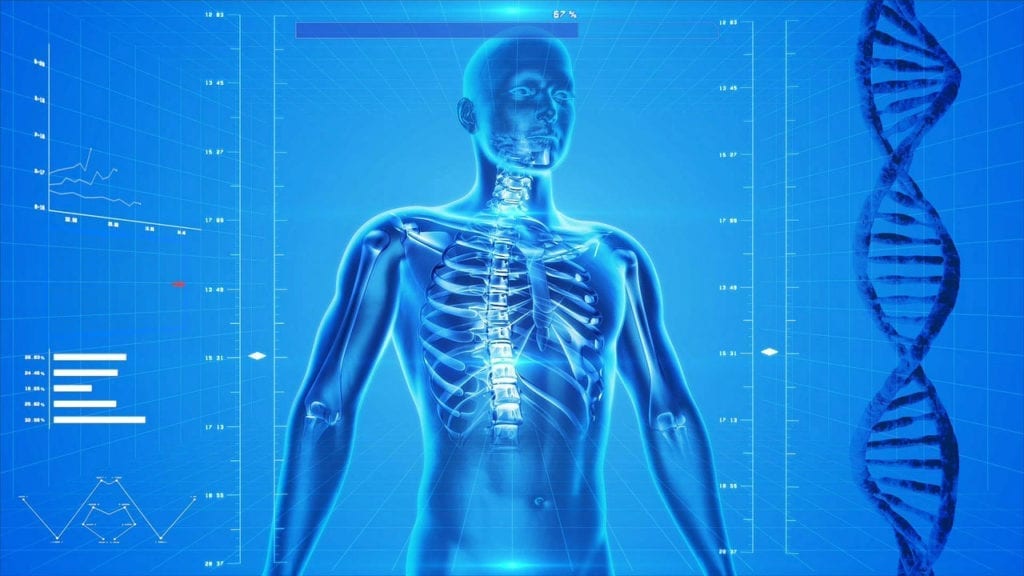According to a story from Financial Buzz, the Steadman Philippon Research Institute (SPRI) recently received an award in research from the National Institutes of Health (NIH). The award is in regards to research focusing on healing deficits and abnormalities in bones found in people with Duchenne muscular dystrophy, a rare progressive disorder that causes paralysis and muscle atrophy. The research aims to understand the connections between changes to the bones and muscle weakness.
About Duchenne Muscular Dystrophy (DMD)
Duchenne muscular dystrophy is a neuromuscular disease, and it is one of the more severe types of muscular dystrophy. It is characterized by progressive muscle weakness that usually begins around age four and worsens quickly. As an X-linked genetic disease, boys are mostly affected, with girls only occasionally displaying mild symptoms. The disease is caused by mutations of the dystrophin gene. Symptoms of Duchenne muscular dystrophy include falling, abnormal walking posture, eventual loss of walking ability, muscle fiber deformities, intellectual disability (not in all cases), enlargement of the tongue and calf muscles, skeletal deformities, muscle atrophy, heart abnormalities, and difficulty with breathing. Treatment includes a variety of medications and therapies that can help alleviate symptoms and slow disease progression. Lifespan is usually into the thirties with good care. Better treatments for this disease are urgently needed. To learn more about Duchenne muscular dystrophy, click here.
Researching The Bones
The research will be lead by Dr. Johnny Huard. There are a number of bone problems that patients with this form of muscular dystrophy face, such as fragility fractures, scoliosis, and osteopenia, a condition of reduced bone density. The researchers aim to determine the nature of these bone characteristics; they may be a distinct skeletal defect, perhaps driven by stem cells, or a result of the loss of muscle tissue and strength.
The scientists are planning to use a mouse model of the disease in order to conduct their research. The SPRI has played an active role in research and hopefully this new effort will lead to new breakthroughs in the field of Duchenne muscular dystrophy treatment. Ultimately the organizations hopes that their findings will lead to meaningful improvements for the lives of the patients living with this devastating disorder.








